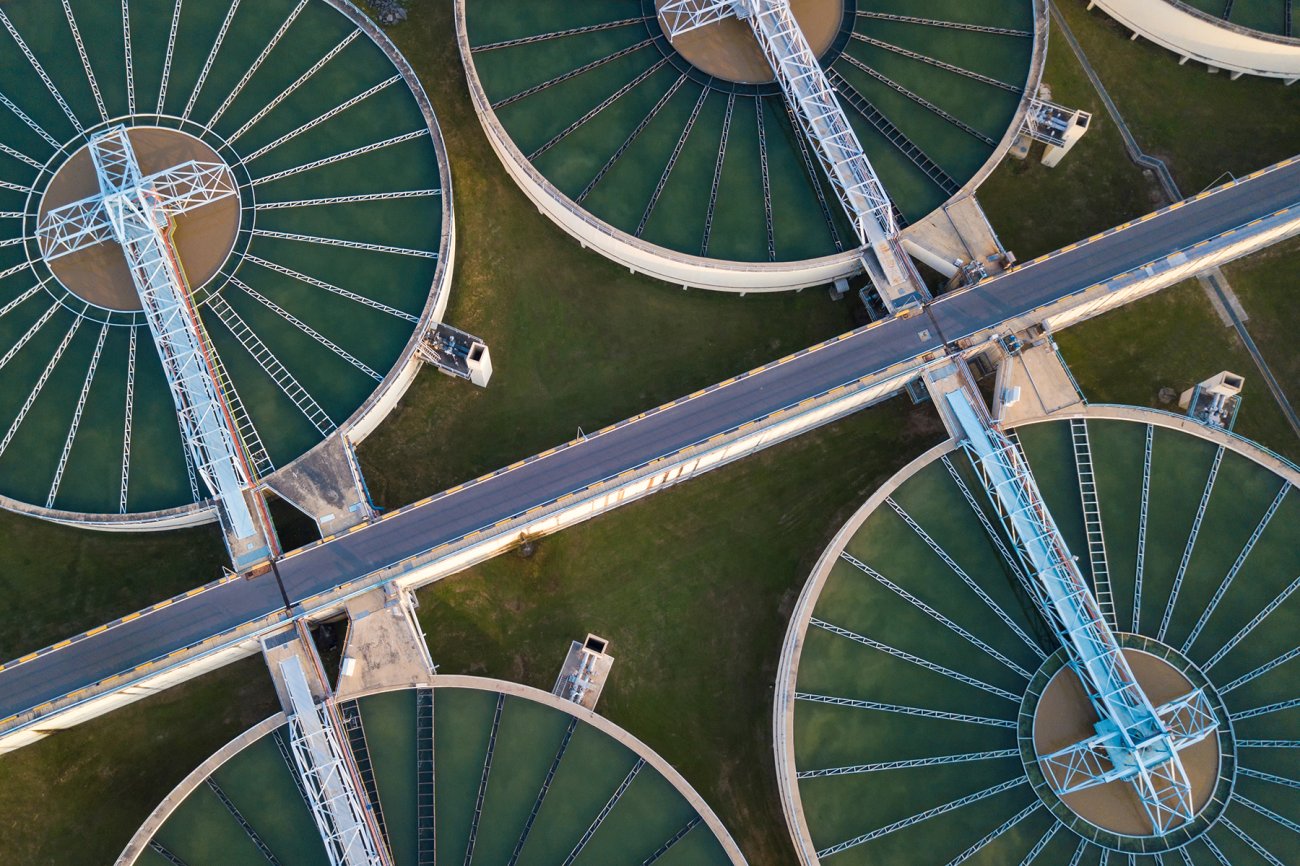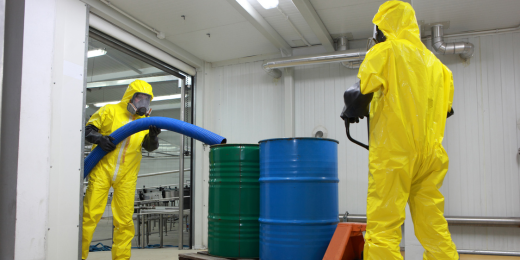Some Known Questions About Reclaim Waste.
Table of ContentsThe Greatest Guide To Reclaim WasteSome Ideas on Reclaim Waste You Should KnowThe 25-Second Trick For Reclaim WasteThe Best Guide To Reclaim WasteHow Reclaim Waste can Save You Time, Stress, and Money.
Explore the types, occurrences, and kinds of fluid waste. Domestic sewer waste describes the waste and products from a property sewage-disposal tank. This kind of waste is developed by human beings in houses, colleges, and other buildings. This only consists of sewage-disposal tanks that have a drainpipe area. The proper monitoring and disposal of residential sewer waste need fluid waste to be transferred to a sewer treatment plant where the appropriate techniques and tools are applied to detoxify and deal with waste.
Business waste often includes possible hazards, such as flammable products or a combination of liquid and solid waste products, and calls for an extra innovative and comprehensive disposal procedure. The disposal of industrial waste generally involves the filtration of waste prior to transportation to ensure secure and proper disposal. Industrial waste is created from by-products and overflow of industrial procedures and manufacturing.
This kind of waste can not make use of the exact same sewage management transportation or procedures as septic or business fluids. The commercial waste management process requires the assessment and screening of fluid waste prior to it undertakes the disposal procedure (liquid waste removal). Drainage waste is the fluid waste that originates from overflow and excess stormwater in very booming locations or cities
Drainage waste can cause contamination and flooding otherwise dealt with properly. Discover much more about drain cleaning and waste management. Making sure correct waste management can avoid disasters and decrease environmental harm. Both people in domestic settings and specialists in business or manufacturing sectors can gain from understanding the procedures and laws of liquid waste administration.
The 2-Minute Rule for Reclaim Waste
Call PROS Providers today to discover our waste monitoring and disposal services and the correct methods to look after the liquid waste you generate.
(https://forums.hostsearch.com/member.php?271151-reclaimwaste1)
This supposed 'wastewater' is not just a crucial resource however, after treatment, will certainly be released to our land, rivers or the ocean. Made use of water from bathrooms, showers, baths, cooking area sinks, laundries and commercial processes is click for info recognized as wastewater.

water utilized to cool machinery or tidy plant and equipment). Stormwater, a type of wastewater, is runoff that streams from farming and urban locations such as roof coverings, parks, gardens, roadways, courses and rain gutters right into stormwater drains, after rainfall. Stormwater flows unattended directly to regional creeks or rivers, at some point getting to the sea.
The Ultimate Guide To Reclaim Waste
In Queensland, a lot of wastewater is dealt with at sewage treatment plants. Wastewater is moved from domestic or industrial sites through a system of drains and pump stations, known as sewerage reticulation, to a sewer treatment plant.
The Department of Natural Resources suggests city governments regarding managing, operating and preserving sewerage systems and treatment plants. In unsewered locations, neighborhood federal governments might call for homeowners to set up individual or household sewage therapy systems to deal with domestic wastewater from toilets, kitchen areas, shower rooms and laundries. The Department of Natural Resources authorizes making use of home systems when they are shown to be effective.
Most stormwater obtains no therapy. In some new neighborhoods, therapy of some stormwater to get rid of trash, sand and gravel has actually started using gross toxin traps. Wastewater treatment takes place in 4 phases: Gets rid of strong matter. Bigger solids, such as plastics and other objects mistakenly discharged to sewage systems, are gotten rid of when wastewater is passed via screens.
Utilizes little living organisms knows as micro-organisms to damage down and eliminate remaining dissolved wastes and great fragments. Micro-organisms and wastes are incorporated in the sludge.
Fascination About Reclaim Waste
Nutrient elimination is not available at all sewage therapy plants because it calls for expensive specialised tools. Clear liquid effluent produced after treatment might still have disease-causing micro-organisms - liquid waste removal.

Many wastewater moves into the sewerage system. Under the Act, neighborhood governments administer authorizations and licences for eco pertinent activities (Periods) entailing wastewater launches that may have a local effect.
How Reclaim Waste can Save You Time, Stress, and Money.
Surveillance provides factual information about water quality and can confirm that permit problems are being fulfilled. The information obtained with surveillance gives the basis for making water quality decisions.